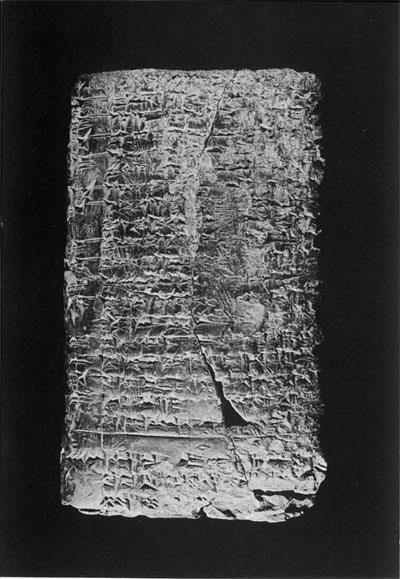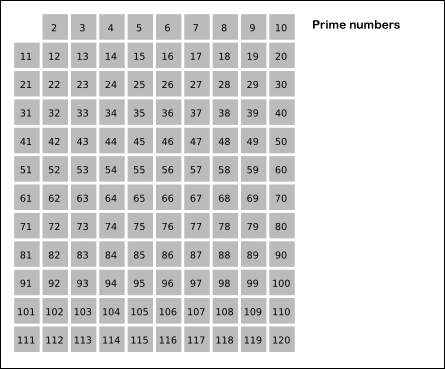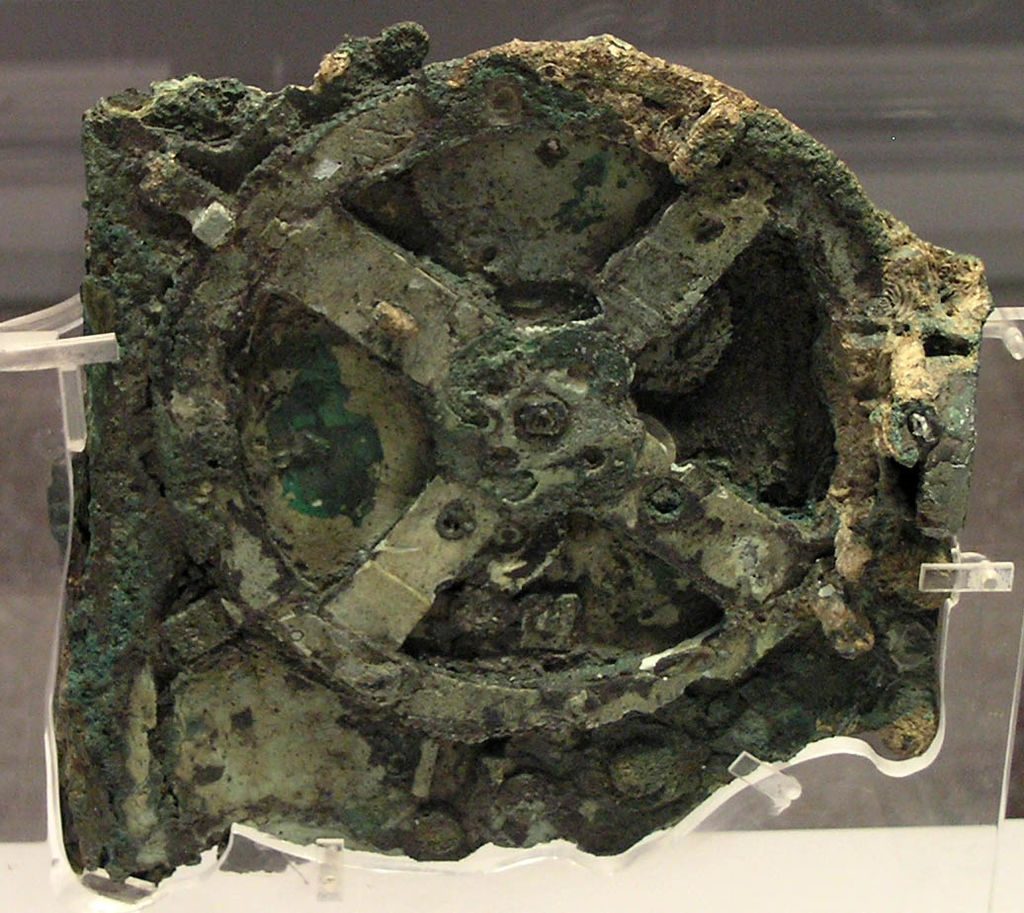Ubiquitous yet unseen, most of the modern world runs on computers. So well in fact, that we have become accustomed to its benefits and pleasantries, expecting no less than immediate gratification and satisfaction in nearly every part of our lives. Computers have become ingrained in almost every device, that we barely even notice them. We also rarely see the work that went into creating and producing those computers. Their history has evolved over thousands of years, even before the accelerated progress of the last century.
The first spreadsheet
Some 3,000-5,000 years ago, the first civilization known to man in Mesopotamia (Iraq) kept records of commercial transactions. They didn’t have paper back then, so they had to use clay tablets. The tablet pictured also conveys “Instructions to a farmer” and depicts people working with seeder-plows and other farming equipment.

source: penn.museum
The first calculator
There was a time when we didn’t have a number system. We’d use our fingers to count to 10, and in some cases we might even use our toes! And when we would have to count higher than 10, or 20, we would use anything around us like pebbles, rocks, or shells. Peddlers and Merchants needed a way to keep track of how many items they had. The Abacus was the first solution to this problem of counting larger numbers.

source: pinterest.com
The first algorithm
In ancient Greece, a mathematician by the name of Eratosthenes of Cyrene created the first known algorithm to find all prime numbers up to a certain number. A prime number is a number that is only divisible by 1 and itself. Instead of testing each number individually for divisibility, mathematicians would use this algorithm as an efficient test for small prime numbers.

source: wikipedia.org
The first computer
Ancient Greeks viewed the world as a precise machine, where nature worked in accordance with predefined rules. It might make sense that they started to create machines that could help predict the movement of the plants and stars. The Antikythera mechanism is an ancient computer that helped find astronomical positions for eclipses. It worked like a clock, with a large circular face and rotating hands. As you turn a knob, the hands display celestial time, one for the Sun, the Moon, and one for the five visible planets. Some historians believe that these mechanisms actually predate to the Babylonian periods around 200 B.C.

source: wikipedia.org

